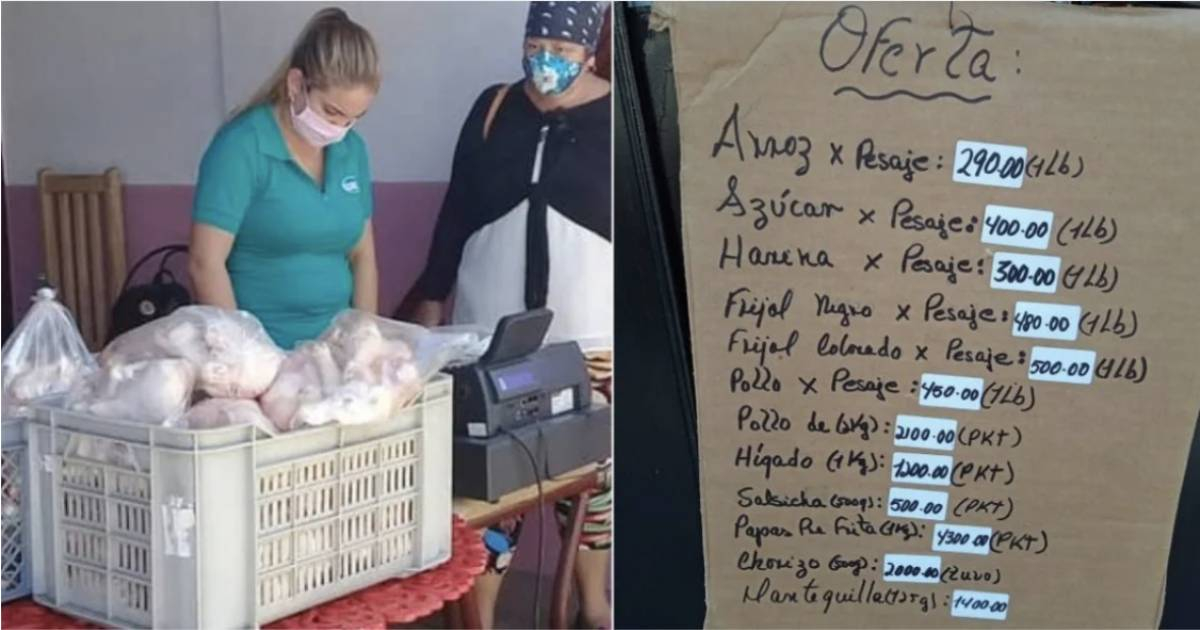
The official inflation rate in Cuba exceeded 2% last April, particularly influenced by the price of food, as reported by Cuban economist Pedro Monreal.
The expert explained in a thread on X that "despite the moderation of Cuba's official monthly inflation in April, it exceeded 2%, a level that has been surpassed in 12 of the last 16 months."
Although the highest monthly price increase was recorded in "alcoholic beverages and tobacco" and in "transportation," associated with government economic decisions, the greatest impact on general inflation was concentrated in food (trade and gastronomy).
Monreal points out that during the first four months of the year, the increase in the price of pork had the biggest impact in the "food and non-alcoholic beverages" division, showing that the failure of agricultural policy makes a crucial source of domestically sourced protein more expensive.
In summary, it was food that explained almost three-quarters of the price increase in April, explained the economist.
For Monreal, without an increase in the supply of food, it is difficult to assume that inflation in Cuba would be substantially reduced, which in year-on-year terms has entered a "plateau" ranging from 31 to 34% growth since November 2023.
The data questions the official narrative that there is “progress” in macroeconomic stability; while the regime's data "indicate the shipwreck of the anti-inflationary component of the 2024 economic package, with a sustained effect of loss of purchasing power."
Currently, the minimum wage in Cuba, set at 2,100 CUP since the Ordering Task, barely covers the cost of buying two kilos of chicken, reflecting a serious crisis in the purchasing power of workers, given the inflated prices of food and basic products.
What do you think?
COMMENTFiled under: